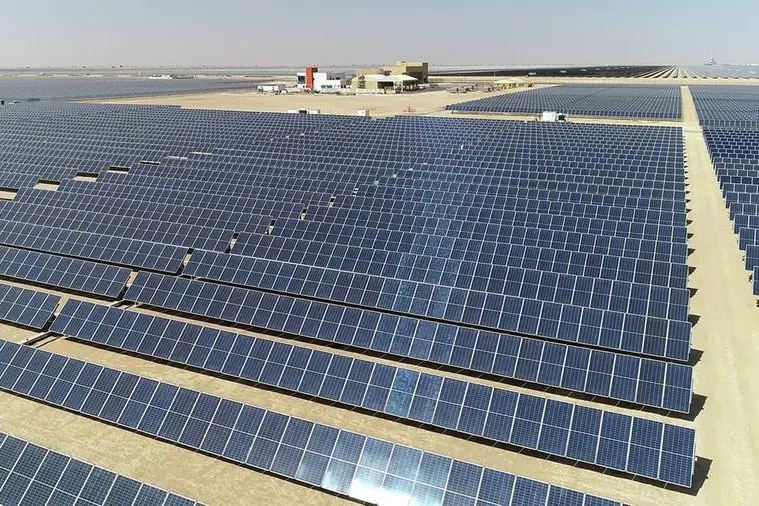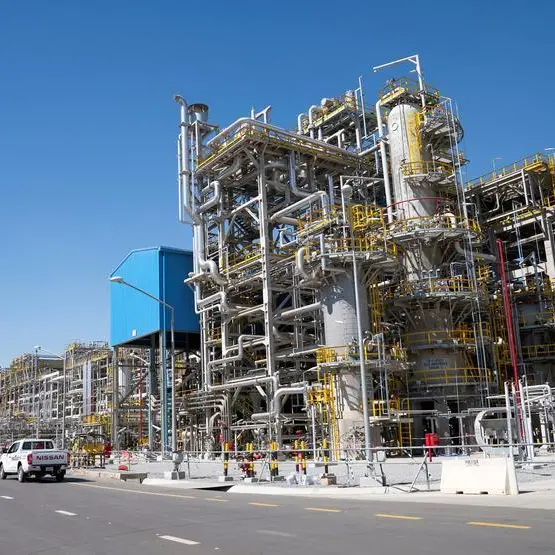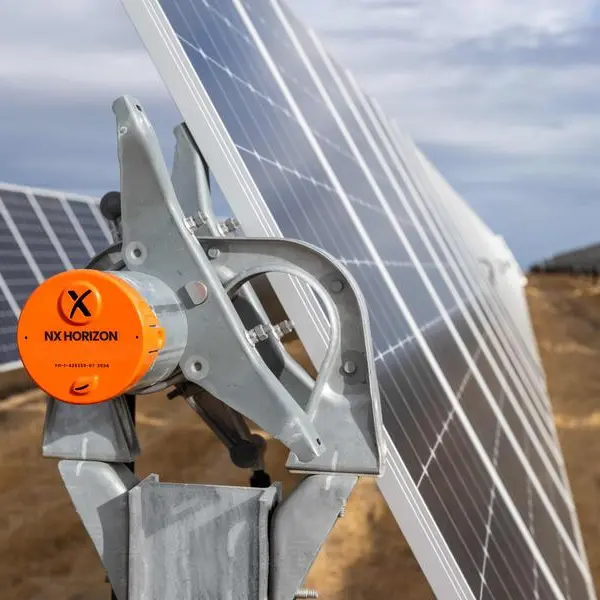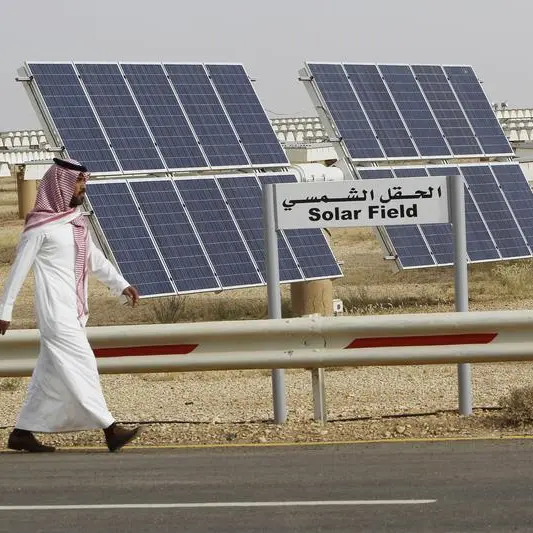PHOTO
A partnership based on public-private cooperation aims to achieve a sustainable economy that serves the UAE’s national agenda by combining the resources and expertise of the two sectors.
These partnerships can also help finance, build, and operate state projects, including sustainable infrastructure projects, at the lowest cost and in the shortest time.
Based on the wise vision of HH Sheikh Mohammed bin Rashid Al Maktoum, Vice President and Prime Minister of the UAE and Ruler of Dubai, the UAE is capable of dealing with all events and changes, and resilience and harmony between the public and private sectors are necessary to maintain and double our gains.
DEWA has developed a pioneering model of partnership between both sectors to attract investments in energy and water in Dubai, as well as transfer knowledge and modern technologies to diversify energy sources according to best international practices.
The initiative aligns with the directives of our wise leadership and supports DEWA’s efforts and leadership in innovative fields that serve economic, social, and environmental sustainability.
The initiative supports the Dubai Clean Energy Strategy 2050 and the Dubai Net Zero Carbon Emissions Strategy 2050, aiming to provide 100 percent of Dubai’s total power production capacity from clean energy sources by 2050.
The IPWP model
One successful example of public-private sector partnerships (PPP) in sustainable projects is the Mohammed bin Rashid Al Maktoum Solar Park, which is the largest single-site solar park in the world with a capacity of up to 5,000 megawatts (MW) by 2030 and investments of up to AED 50 billion.
During the 13 MW first phase of the solar park, DEWA faced the challenge of high costs. To address this, an integrated plan was put in place, and the Independent Power and Water Producer (IPWP) model was developed.
It aligns with the requirements of Dubai and its legislative and technical environment to create integrated solutions for energy and water technologies. The IPWP model aims to enable profitable partnerships, attract investments, achieve sustainability, and facilitate knowledge transfer and adoption of modern emerging technologies. This is achieved by following best international practices and promoting effective partnerships between the public and private sectors instead of direct contracting, as per the traditional model.
DEWA ensures necessary support to its private sector partners to streamline procedures and accelerate the implementation of energy and water projects in Dubai in line with the Emirate’s strategies.
Setting global benchmarks
With the IPP [Integrated Power Producer] model, DEWA has achieved several world records in reducing solar energy prices, making Dubai a global benchmark.
Building on the success of the IPP projects at the solar park, DEWA launched a seawater desalination project using reverse osmosis technology and clean energy based on the IWP [Independent Water Producer] system. We achieved a global milestone by obtaining the lowest global competitive price after re-tendering the project in 2020. This project represents the first of its kind based on DEWA’s IWP model.
The success of the IPWP model depends on the effective implementation of good governance to ensure transparency, accountability, and law enforcement to enhance investor confidence and develop an attractive regulatory, supervisory, and legislative environment.
Launching joint projects after conducting technical, economic, financial, and other feasibility studies is essential, using the support of international consultants, if necessary. Adopting the principle of fair gains for both parties to the partnership, studying the risks and challenges, and developing necessary solutions in advance is crucial. The public and private sectors should contribute their fair share to ensure government control over projects and reassure investors.
Using effective public and private partnerships for sustainable projects has helped us achieve world records for the lowest prices for solar energy projects five consecutive times.
Investment magnets
Additionally, it has attracted investments estimated at AED 40 billion, which contributes to the growth of economic indicators of Dubai, such as the foreign direct investment index.
On the operational level, DEWA has established a department concerned with clean energy and applying the IPWP model. It also oversees the committees and teams working on implementing the new system, addressing contractual, financial, and procedural aspects of changing the method of managing projects at DEWA.
This transition helps DEWA become compatible with the principle of partnership between the public and private sectors, instead of relying solely on direct contracting through the traditional model.
Cooperation and integration between the government and private sectors have become essential pillars for achieving the Emirate’s aspirations and consolidating its position as an advanced model that provides an appropriate climate and environment supportive of investment, promoting economic growth and sustainable development, and implementing projects according to the highest standards of quality and efficiency. These efforts benefit all parties involved and contribute to the ongoing development witnessed by Dubai in all fields.
The Emirate is steadily moving towards becoming one of the top three economies in the world, as outlined in the Dubai Economic Agenda D33, contributing to making the UAE the world’s leading nation by its Centennial in 2071.
(The author is Managing Director & Chief Executive Officer (CEO) of Dubai Electricity and Water Authority. Any opinions expressed in this article are the author’s own.)





















